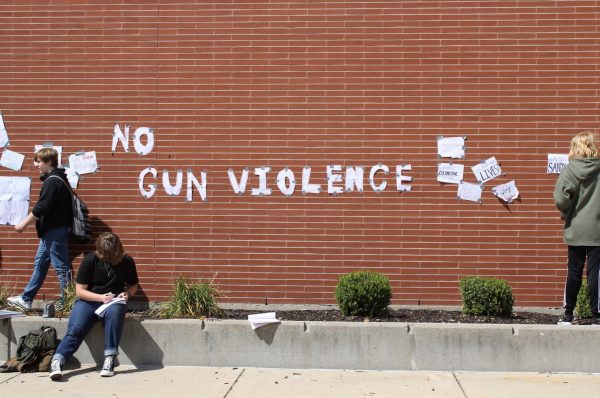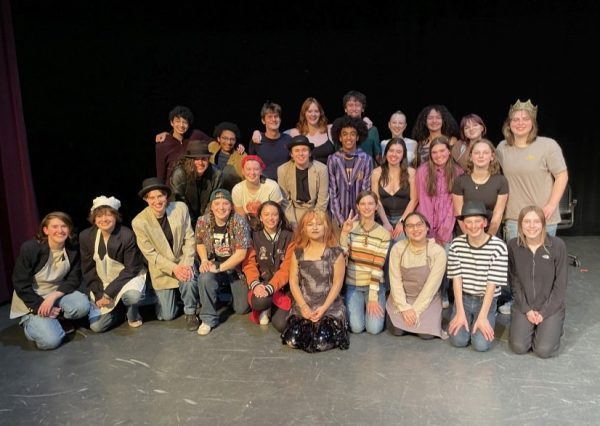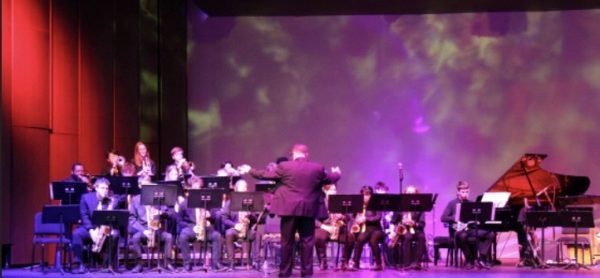Future of abortion legality falls into the hands of Michigan voters
Abortion to appear on the ballot for the first time in Michigan since 1973
In the Dobbs v. Jackson ruling, the Supreme Court determined that a woman’s right to privacy would not extend to abortion. Many trigger laws throughout the United States went into effect following this decision. In Michigan, a law from 1931 would have criminalized abortion, if it weren’t for action taken by governor Gretchen Whitmer. The pre-Roe v. Wade law would have restricted abortion in cases including rape and incest, and would have criminalized healthcare professionals who provide abortions. The Democratic governor filed a lawsuit to determine whether or not the Michigan Constitution protects abortion rights.
“The abortion ban violates Michigan’s due process clause, which provides a right to privacy and bodily autonomy that is violated by the state’s near-total criminal ban of abortion.” Whitmer’s lawsuit said. She also addresses the fact that the law reinforces the outdated notion that women have a particular role in society, which violates Michigan’s Equal Protection Clause. After the appeals court determined that the law would only apply to state officials, county prosecutors began mounting litigation against abortion providers. Oakland County Judge Jacob Cunningham blocked these prosecutors, which means that the 1931 law will not be enforced for now.
In early September, the State’s Supreme court ordered the Michigan board of canvassers to put a question before voters: Should the right of abortion be protected through the State’s constitution? This was not after more partisan disagreements, though. In order for initiatives to appear on the ballot, the state board of canvassers requires 425,000 signatures from Michigan voters. Petitioners gathered about 750,000 signatures for the abortion initiative, greatly exceeding the required number and becoming a state record for the most signatures on a ballot initiative. But when the proposal was brought to the state’s board of canvassers, the two republican members on the board attempted to block the initiative due to typos and spacing errors, which they alleged would confuse voters. Such typos included phrasing such as “DECISIONSABOUTALLMATTERSRELATINGTOPREGNANCY.” Eric Doster, the attorney for Citizens to support MI Women and Children asserted “This gibberish now before this board does not satisfy the full test requirement under law and this board has never approved, never approved a petition with these types of typos and errors.” The organization called “Reproductive Freedom for All” submitted an appeal to the Michigan Supreme Court, which holds a narrow democratic majority. The Court claimed that the typos were not egregious enough to keep the initiative off the ballot, so the decision to include a reproductive freedom amendment in the state constitution will appear in front of voters on Tuesday, November 8th.
“Individuals voting on the initiative, rather than state legislatures, will mean the case will be left to the people,” Willa Moore ‘23 said. “A democratic referendum is the best way to decide constitutionality.”
Amendment initiatives in the states are inherently democratic, which is a non-partisan facet of legislation. Although she feels this is a fair and democratic way to decide on reproductive rights, Grace Cox ‘23 says there are better ways to decide.
“Different rights across state lines are confusing. If we’re choosing amendments on the state level on the basis that it’s closer to the people, wouldn’t it make more sense to leave it to bodily autonomy to individuals?” Cox said, There are many open-ended questions that won’t be answered until November 8th: Is an amendment referendum the most fair way to decide? Should we preserve cohesive federal laws, or should states retain the right to decide autonomy rights? Regardless, abortion rights will remain a morally divisive debate even after voters decide democratically.











